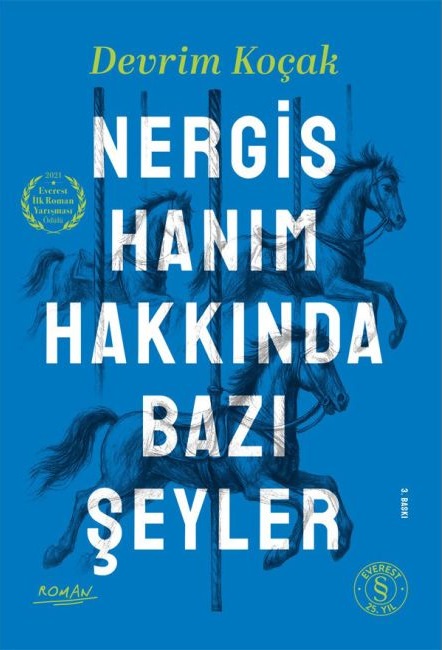How does Ivan Karamazov’s legend “The Grand Inquisitor” discuss the contradiction between human freedom and happiness?
The legend of the “Grand Inquisitor” in Dostoyevsky’s The Brothers Karamazov is a profound allegory shaped by Ivan Karamazov, sharply revealing the tragic contradiction between human freedom and happiness. This text is set in 16th-century Spain during the Inquisition: Jesus appears to humanity for the second time, but an elderly cardinal (the Grand Inquisitor), representing the power of the Church, arrests him, and a dialogue ensues. Here are the key arguments and contradictions of this dialogue:
- Man’s Fear of Freedom
The “Burden of Freedom” Thesis:
The Grand Inquisitor criticizes Jesus: “You gave man freedom, but he cannot bear it.” People shirk the responsibility of making choices and instead seek security through submission to authority.
Satan’s Three Temptations: The Inquisitor sees Jesus’s rejection of Satan’s three temptations in the desert (bread, miracles, and political power) as a mistake. According to him, people seek “bread” (material prosperity), “miracles” (blind faith), and “world domination” (authority). By setting people free, Jesus condemned them to suffering.
The Role of the Church:
The Inquisitor argues that the Church exploits this weakness of people by offering them the “promise of happiness”: “We took their freedom and made them happy.” This highlights the trade-off between freedom and security.
- Giving Up Freedom for Happiness
The “Herd Mentality” Metaphor:
The Inquisitor argues that people choose to be an “obedient herd.” According to him, the majority lack the courage to discover the truth, while the minority (the elite) bears this burden on their behalf.
Parallel to Plato’s “Philosopher-King”: This argument recalls the idea of the wise ruler in Plato’s Republic, but with a moral twist: people are made “happy” by being enslaved.
The Ironic Paradox of Christianity:
The Inquisitor confesses that the Church has distorted Jesus’ teachings: “We have finally completed Your work… We have lied in Your name!” This is a harsh critique of the instrumentalization of religion.
- Jesus’s Silent Response and Its Meaning
The Silent End of the Dialogue:
Jesus responds to the Inquisitor’s long monologue without a word: He kisses him. This gesture symbolizes the power of Christian love (agape). The Inquisitor trembles and releases Jesus, but Jesus leaves.
The Meaning of the Kiss: Dostoevsky emphasizes that Jesus’s response is given not in words, but in love. The Inquisitor’s logic fails to grasp the depths of the human soul.
- Philosophical and Political Reflections
Criticism of Totalitarianism:
The Grand Inquisitor is like a precursor to 20th-century totalitarian regimes. He advocates sacrificing people’s freedom for their “happiness” (e.g., Big Brother in Orwell’s 1984).
Existential Question:
This allegory reflects the “anxiety of freedom” discussed by Kierkegaard and Sartre: Can humans escape the burden of meaning that comes with being free?
Dostoevsky’s View of Human Nature:
The author argues that humans cannot choose happiness at the expense of freedom and truth. True salvation lies in accepting freedom through suffering (Alyosha’s path).
The Tragic Tension Between Freedom and Happiness
The Grand Inquisitor’s arguments summarize the dilemma of the modern world:
Freedom = Responsibility + Pain
Happiness = Submission + Lie
Dostoevsky emphasizes that one must not sell one’s soul in pursuit of “bread.” At the novel’s conclusion, Alyosha’s plea to the children, “Love life!” suggests that accepting the pain of freedom is the only meaningful path.
“The Grand Inquisitor” is thus one of the greatest moral questions not only of the 19th century but also of our day.



